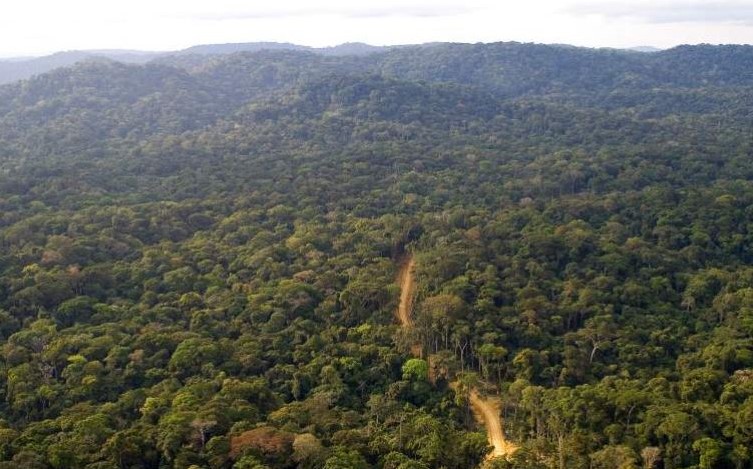Many residents from Medung'i in Narok North were rendered homeless following the second week of evictions from the vast Mau forest.
The eviction was ordered by President Ruto in early October as he proclaimed the government's resolve to protect the country's water towers.
This has however, been castigated by the locals who said that some of the enforcement officers have overstretched the forest boundary, evicting non encroachers who have been living at the fringes of the forest for nearly five decades.
Speaking to Citizen TV, 50-year-old Jackson Kesir hired young men to salvage what remained from the debris of his home of five decades; like hundreds of other residents, Kesir claims he has been wrongly targeted in this fresh round of evictions.
“Hapa tuko sio msitu, hapa ni shamba yetu...mimi nimezaliwa hapa...mama yangu na baba yangu wote wamekuwa wakiishi hapa...mimi hapa tu ndio najua kama kwetu, hakuna mahali ingine naweza enda,” he said.
Did you read this?
Despite ordering for immediate eviction by encroachers at the Mau forest, the President indicated that those affected would be given alternative land.
However, those affected insist that they are on their rightful pieces.
“I am not supposed to be evicted at all because I grew up knowing where the beacon is and I have never encroached on the other side of the beacon...we all know where the beacon is, which is about five kilometers away from where I live,” Joel Rotiken, a resident of Medung’i, said.
Another resident, Daniel Kuria, stated: “Wanasema tuliingia kwa msitu lakini sio sisi...sisi ni wakulima, tumekuja hapa tumekodehsa shamba...kama mimi nimekodesha mwaka moja sasa...sisi hatuwezi jua ati kama tuko kwa msitu ama hatuko kwa msitu.”
Rift Valley Regional Commissioner Abdi Hassan had indicated that nearly 23,000 acres of the Maasai Mau forest had been invaded by illegal encroachers.
Successive governments have been conducting evictions from the Mau complex since 2004 to preserve the largest drainage basin that serves major rivers, including Southern Ewaso Ngiro, Sondu, Njoro, and Mara rivers.









